Advisory Committee
James S. Jackson (1944-2020)
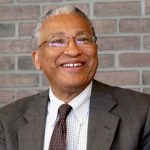 Founding Director
Founding Director
Research Professor, Research Center for Group Dynamics
Daniel Katz Distinguished University Professor of Psychology
M.A., Psychology, 1970, University of Toledo
Ph.D., Social Psychology, 1972, Wayne State University
More about James Jackson
Cleopatra Howard Caldwell
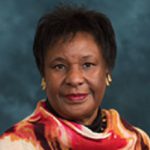 Chair and Professor, Department of Health Behavior and Health Education, School of Public Health
Chair and Professor, Department of Health Behavior and Health Education, School of Public Health
Director, Center for Research on Ethnicity, Culture and Health
Faculty Associate, Research Center for Group Dynamics, ISR
B.S., Psychology, 1973, North Carolina A & T State University
MA, Human Development, 1975, Wayne State University
M.A., Psychology, 1983, University of Michigan
Ph.D., Social Psychology, 1986, University of Michigan
More about Cleopatra Howard Caldwell
Harold W. Neighbors
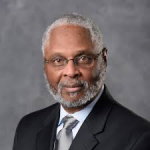 Professor of Public Health
Professor of Public Health
Michigan State University College of Human Medicine
Professor Emeritus of Public Health, University of Michigan School of Public Health
Research Professor Emeritus, Institute for Social Research.
Ph.D., Social Psychology 1982, University of Michigan
M.A., Social/Community Psychology, 1979, University of Michigan
B.A., Psychology, 1975, Haverford College
More about Harold W. Neighbors
Sela V. Panapasa
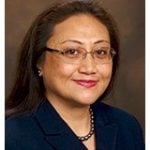 Associate Research Scientist, Program for Research on Black Americans
Associate Research Scientist, Program for Research on Black Americans
M.S., 1988, Computer Education, Johnson & Wales University
M.A., 1995, Sociology, Brown University
Ph.D., 2000, Sociology, Brown University
More about Sela V. Panapasa
Robert J. Taylor
 Director
Director
Faculty Associate, Research Center for Group Dynamics
Harold R Johnson and Sheila Feld Collegiate Professor of Social Work, School of Social Work
B.A., Sociology, 1974, Northwestern University
M.S.W., 1976, University of Michigan
Ph.D., Social Work and Sociology, 1983, University of Michigan
More about Robert J. Taylor
Philip Bowman
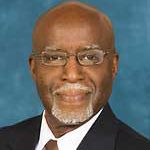 Faculty Associate, Research Center for Group Dynamics, ISR
Faculty Associate, Research Center for Group Dynamics, ISR
Professor, Center for the Study of Higher and Postsecondary Education
Director, Diversity Research and Policy Program (DRPP)
BS, Psychology/Industrial Technology, 1970, Northern Arizona University
MA Counseling Psychology,1971, University of Michigan
EdS, Student Affairs in Higher Education,1973, University of Michigan
MA, Social Psychology, 1974,University of Michigan
PhD, Social Psychology, 1977,University of Michigan
More about Philip Bowman
Linda M. Chatters
 Paula Allen-Meares Collegiate Professor, School of Social Work
Paula Allen-Meares Collegiate Professor, School of Social Work
Professor, Health Behavior and Health Education, School of Public Health
Faculty Associate, Research Center for Group Dynamics, ISR
University of Michigan
A.B., Psychology, 1975, University of California Berkeley
Ph.D., Psychology, 1983, University of Michigan

